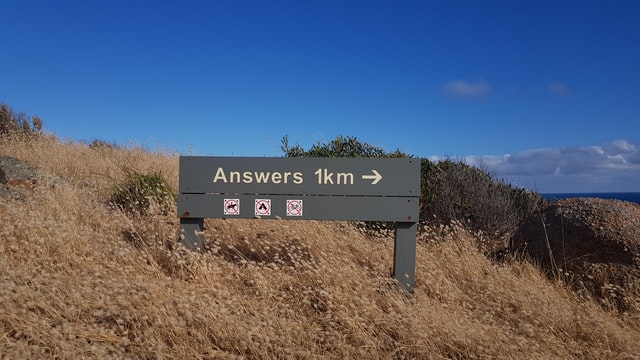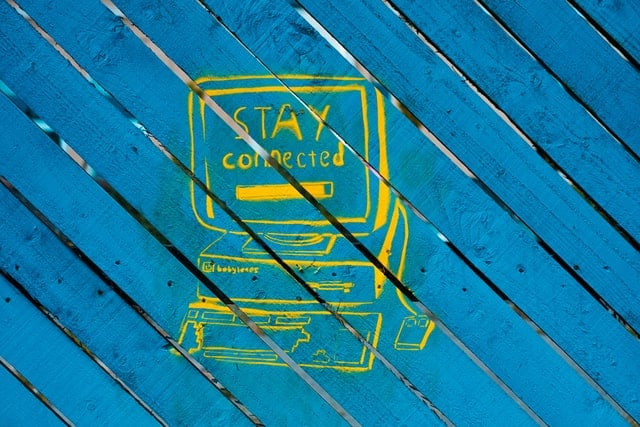Translation agencies deal periodically with an endless number of questions from clients. Indeed, entrusting a major project to a translation agency raises some legitimate questions. Take advantage of a conversation, by phone, video conference or e-mail, with a project manager from the translation agency, so you can get the information you need immediately.
In this new article, Cultures Connection goes through all the questions you may ask, and differentiates inquiries:
– What are the most frequently asked questions to translation agencies?
– What are the most frequently asked questions to translators?
When you use a translation agency, we recommend that you clear up any doubts you may have. The goal is to make communication as easy as possible and to improve your understanding of the process.
What are the most frequently asked questions to translation agencies?
In the following list, you will find the questions that translation agencies often have to answer:
- How much does a good translation cost?
The price of a translation is based not only on the quality process, but also on the translator who translates the text, the potential second translator who revises the first draft of the translation, the language pair involved, how urgent the project is, and so on.
- Is the confidentiality of my documents guaranteed?
The usual confidentiality rules are followed, therefore all the documents received and translated in a translation agency remain confidential. An NDA may be signed.
- What are the deadlines?
It is crucial to understand that the deadlines depend on the translator, on your project’s deadline, the need for DTP, but also on the project managers’ workload. Typically, the advantage with a translation agency is that they are able to provide services within a short time frame, in case you request an urgent translation.
- Do you have experience working in the fields I’m asking about?
If a translation agency accepts a project, oftentimes it is because they have already delivered projects in the requested fields and have a proven record of similar projects. If this is not the case, no worries, translation agencies have a large network and are in contact with skilled translators to carry out the task.
- Do you know how to manage large projects?
Here, the answer depends on the translation agency. It may be contingent upon the management tools used, the network of translators’ size, and so on.
- Do you apply quality control checks?
Every translation agency is required to perform quality checks. Usually someone in-house is responsible for quality assurance. This is obviously a crucial step in the project!
- Do you do sworn translations?
Some agencies take care of sworn or certified translations, others do not. It is up to the language requested, the country, or the deadline.
- Why use a human translator instead of online automatic translations?
This question is very common! You need to know that an online translation tool never provides a high quality translation, let alone a flawless one. It always lacks the knowledge and know-how of a human being, both in terms of understanding the text to be translated —and its context— and of the style of the translation.
What are the most frequently asked questions to translators?
The questions asked of translators are almost similar to those asked of agencies, yet the answers vary among linguists. Translators often respond to:
- What is your rate?
To avoid unpleasant surprises, it is best to know the rates of the translator you choose to trust. The translator you contact for a quote will probably ask you to read the text to be translated. That way, the linguist can estimate the level of difficulty and quote accordingly. The rate may vary whether the file is editable or not, whether more or less time is needed for DTP, or if this is a particular request.
- What are your working languages?
This question is crucial, as it will prevent you from asking a translator to translate in the wrong direction. A professional translator only translates into their native language.
- What are your areas of work?
Translators all have specialties, such as the medical field, the legal field, or the audiovisual field, and so on. In order to guarantee quality work, we recommend that you select a translator whose specialty matches the content and type of document to be translated, and that you ask about his or her experience in that field.
- What are your diplomas and qualifications?
Proficiency in a foreign language is not enough, and it is essential to have a diploma and/or a certificate attesting to adequate training and ability to translate. Experience in translation i.e. through employment with a translation agency or an international organization, can also demonstrate a translator’s skills.
- How long will it take to complete the translation?
Once again you need to take into account the translator’s availability and workload, as well as the length and complexity of a text in order to mutually agree on a reasonable deadline.
- Do you use CAT tools?
More and more translators use “computer-aided translation tools” –CAT tools– because they offer great advantages for both themselves and their clients, in terms of efficiency, time savings, consistency of vocabulary, or lower rates due to reduced word repetition.
In short, make sure to ask all the questions that you find relevant. The translation agency you will be contacting will also need clarification on certain points. In turn they will ask you all the key questions for better project management. The relationship is based on a lively and constructive exchange so as to achieve the best possible translation quality.
To learn more, read our brochure!




